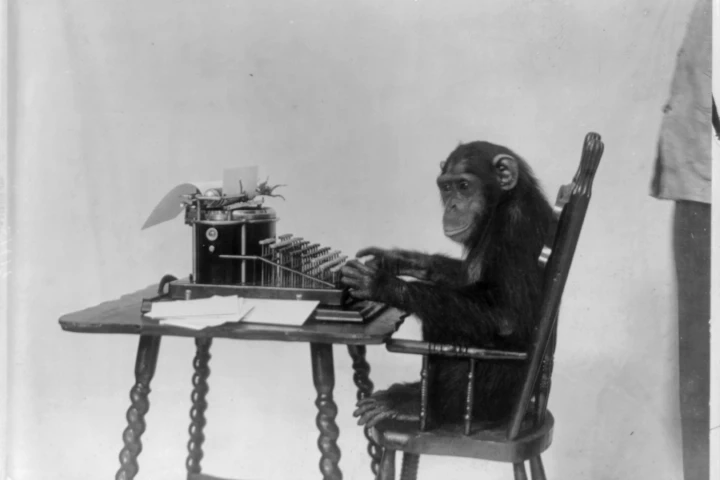Universe
-
Along with Schrödinger’s Cat, the Infinite Monkeys Theorem is one of the most famous thought experiments. A new study, with tongue firmly in cheek, has calculated that you might be waiting seven googol years for your Shakespeare.
-
Astronomers have produced the largest 3D map of the universe, including an interactive VR video. In the process, they’ve uncovered some tantalizing hints that our understanding of physics, including the ultimate fate of the cosmos, could be wrong.
-
Phosphorus – a key ingredient for life as we know it – was thought to be relatively rare in space. But now, astronomers have detected a surprising amount of the stuff on the fringes of the galaxy, suggesting life may be more common in the cosmos.
-
One of the biggest cosmological mysteries centers on a discrepancy in how fast the universe is expanding. A new study comes to an intriguing solution by applying a modified theory of gravity and an unsettling “supervoid” that our galaxy resides in.
-
On the largest scales possible, the universe resembles a web of light spun by an inconceivably large spider. Now, astronomers have detected very faint light from these cosmic web filaments in the deep, dark, distant universe.
-
If a new study holds water it might be the JWST's most important discovery ever. Three bright objects in the distant universe could be the first candidate “dark stars,” hypothetical celestial objects powered by the annihilation of dark matter.
-
The James Webb Space Telescope keeps challenging our models of the universe, seeing farther away than ever before. Now it’s discovered “impossibly” gigantic galaxies that contain more mass than was thought to exist in the whole universe at that time.
-
A groundbreaking new study could answer a perplexing astrophysics mystery without complicating our current models. Physicists suggest that black holes could contain a strange form of energy that’s accelerating the expansion of the universe.
-
The James Webb Space Telescope keeps breaking its own records for peering deeper into space and time. It's now detected a galaxy candidate about 35 billion light-years from Earth, which if confirmed would make it the most distant galaxy ever found.
-
Everything has to end eventually – including the universe itself. It might be hard to imagine a catastrophe big enough to affect the entirety of existence, but here are some of the leading hypotheses about how the universe could end, and when.
-
NASA has released a huge new report that astronomers are calling Hubble’s magnum opus. Analyzing 30 years of data from the famous space telescope, the new study makes the most precise measurement yet of how fast the universe is expanding.
-
Data from DESI's first survey run has produced the largest and most detailed 3D map of the universe so far. The stunning image reveals the gigantic cosmic web of galaxies across billions of light-years – and the project is only just beginning.
Load More










